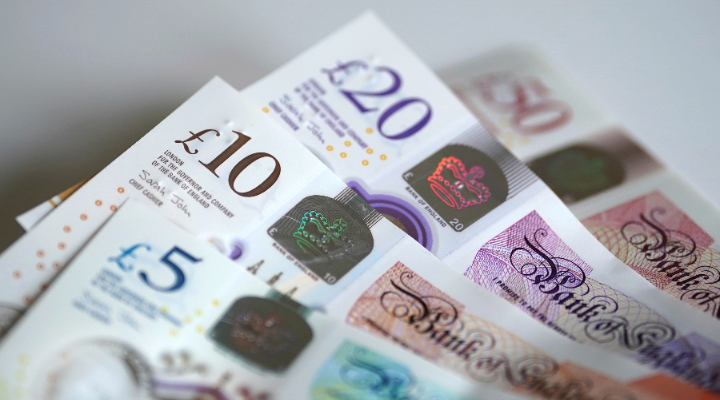
UK Consumer Price Index (CPI) inflation rose to 2.6% in November from 2.3% in October—the second monthly rise in a row.
The updated figures from the Office for National Statistics today mean inflation is now at its highest level since March 2024, though the November increase is slightly below market expectations of a 2.7% rise.
Core inflation, which excludes more volatile energy and food prices, rose to 3.5%, below forecasts for a 3.8% increase, while services inflation held at 5%, the ONS said.
Bank of England Rate Decision is Imminent
Markets had already priced out the possibility of a rate cut by the Bank of England, which is due to announce its latest decision on the base rate tomorrow. But today’s news all but rules out a rate cut.
“While prices do naturally rise and fall, meaning the increases in fuel and clothing costs aren’t really cause for specific concern, it’s the stickiness of service sector inflation that will be drawing the attention of Bank of England rate setters who are about to make their last decision of 2024,” says Danni Hewson, head of financial analysis at AJ Bell.
“Even before today’s CPI data and yesterday’s wage data, markets had already priced out a December cut, which had seemed almost inevitable back in the early autumn. What’s changed is where markets expect rates will go in 2025.
“A few weeks ago, Andrew Bailey suggested that four cuts looked likely over the next 12 months, taking the base rate from 4.75% to 3.75%. Looking today more than a third believe it will take until the August meeting for the Monetary Policy Committee to pull out two quarter-percentage point cuts.”
Why is UK Inflation Rising Again?
UK inflation has fallen steadily from its 2022 peak of more than 11%, but is now trending upwards again.
According to the ONS, the largest upward contribution to the monthly change in CPI came from transport. Though transport prices are falling overall, fuel and second-hand cars are sending costs higher.
“Overall prices in the transport division fell by 1.1% in the year to November 2024, compared with a fall of 2.0% in the year to October,” the ONS said.
“On a monthly basis, prices fell by 0.8% in November 2024 compared with a fall of 1.7% a year ago. The change in the annual rate was mainly the result of upward effects from motor fuels and second-hand cars, partially offset by a downward effect from air fares.”
Housing and household services also made a significant contribution to CPIH, a measure of inflation that includes owner-occupiers’ housing costs.
Today’s data also comes amid increased government spending initiated by the government’s Budget on Oct. 30. Several of the policies contained within the fiscal package are widely considered to be inflationary, and Bank of England Governor Andrew Bailey has himself said that the government’s plans to increase employer National Insurance contributions are the “biggest issue” the economy faces.
The author or authors do not own shares in any securities mentioned in this article. Find out about Morningstar's editorial policies.























